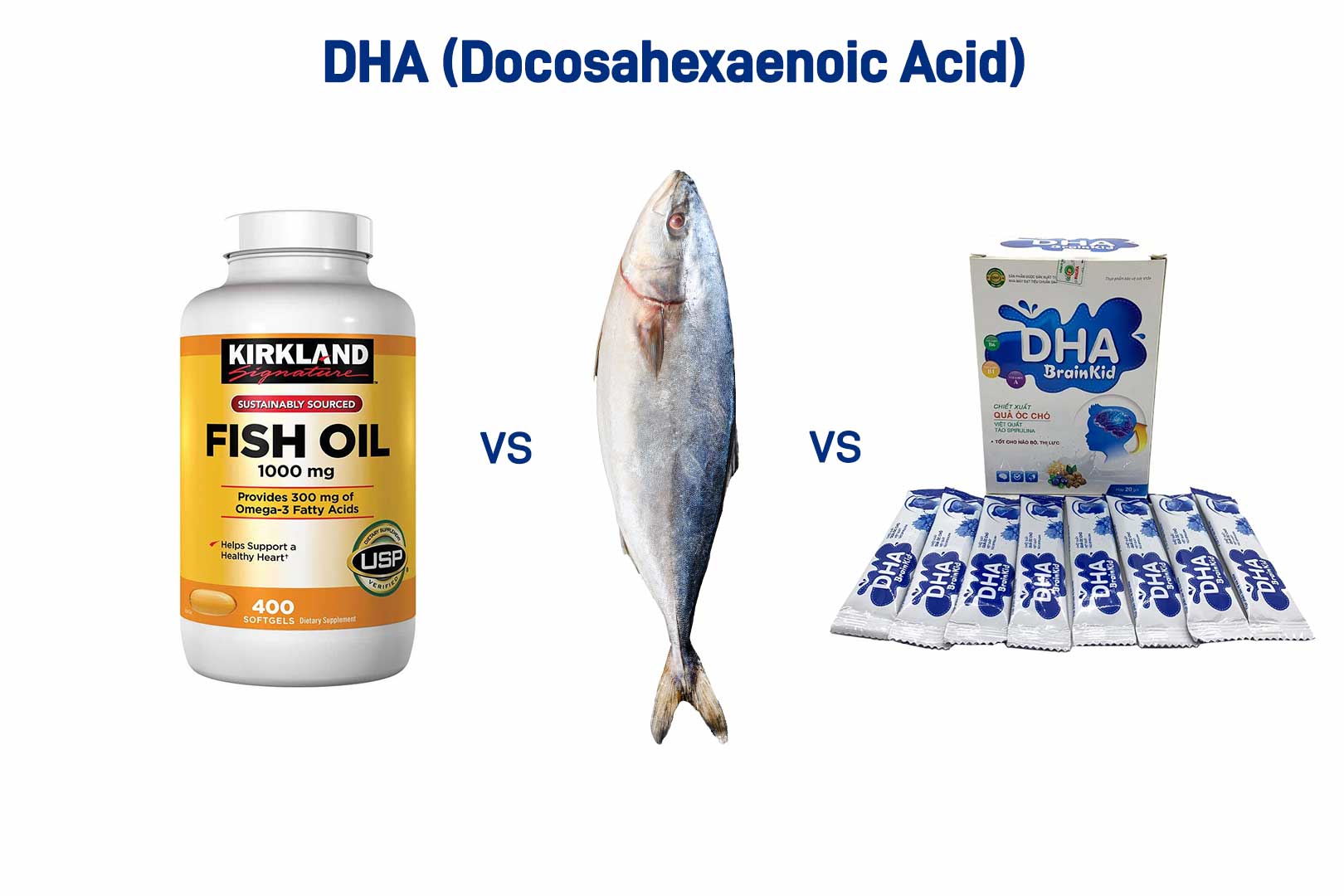In recent years, there has been growing interest in the role of DHA (docosahexaenoic acid) in child development. DHA is a type of omega-3 fatty acid that is essential for brain function and overall health. Its importance in early childhood has been widely studied and debated among experts in the field. In this blog post, we will delve into the science behind DHA and its potential impact on children’s cognitive development.
DHA is a crucial component of cell membranes, particularly in the brain and retina. It plays a vital role in maintaining the structure and function of these cells, which is especially important during the early stages of life when the brain is rapidly developing. Research suggests that adequate levels of DHA in the diet may support various aspects of cognitive function, including learning, memory, and attention.
One of the primary sources of DHA is fatty fish, such as salmon, mackerel, and sardines. These fish contain high levels of DHA due to their consumption of algae, which is rich in this essential fatty acid. However, DHA can also be found in smaller amounts in other foods, such as eggs, dairy products, and certain types of algae-based supplements.
During pregnancy and breastfeeding, maternal intake of DHA becomes particularly important, as the nutrient is transferred from the mother to the developing fetus or infant. Several studies have suggested that mothers who consume adequate amounts of DHA during pregnancy may have children with better cognitive outcomes, including improved attention and problem-solving skills.
In addition to its role in cognitive development, DHA may also play a role in supporting emotional well-being in children. Some research has suggested that omega-3 fatty acids, including DHA, may have mood-stabilizing effects and could help reduce symptoms of anxiety and depression in children and adolescents. However, more research is needed to fully understand the relationship between DHA and mental health outcomes in this population.
Despite the potential benefits of DHA, it’s essential to approach supplementation with caution, especially in children. While some studies have shown positive effects of DHA supplementation on cognitive function, others have yielded mixed results. Additionally, excessive intake of omega-3 fatty acids may have adverse effects, such as increased risk of bleeding and impaired immune function.
When considering DHA supplementation for children, it’s crucial to consult with a healthcare professional to determine the appropriate dosage and ensure that it is safe and suitable for your child’s individual needs. Additionally, focusing on a balanced diet rich in omega-3 fatty acids from natural sources, such as fatty fish, nuts, and seeds, is generally recommended as the best way to support overall health and well-being.
In conclusion, DHA plays a vital role in child development, particularly in supporting cognitive function and potentially emotional well-being. While further research is needed to fully understand the effects of DHA supplementation on children, ensuring adequate intake of this essential fatty acid through a balanced diet remains a key priority for parents and caregivers. By prioritizing nutrition and seeking guidance from healthcare professionals, we can support the healthy growth and development of the next generation.





Leave A Comment